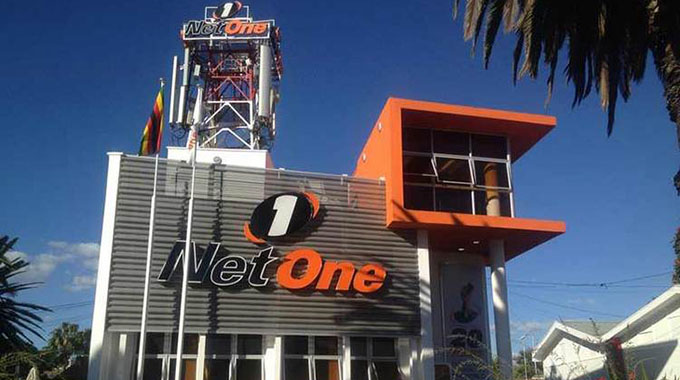The arrest of NetOne Cellular (Pvt) Ltd Chief Executive Officer, Mr. Raphael Mushanawani, has dominated headlines and stirred speculation across Zimbabwe’s corporate and political circles. Accusations of fraud, inflated contracts, and internal sabotage have painted a picture of chaos within the country’s leading telecommunications company. But beneath the surface, a quieter, more complex story is emerging—one that challenges the dominant narrative and calls for a closer look at the facts.
At the center of the storm is Mr. Learnmore Masunda, NetOne’s Chief Commercial Officer, whose name has been mentioned in connection with Mushanawani’s arrest. Some reports have gone as far as labeling him the mastermind behind the CEO’s downfall, citing alleged ambitions to ascend to the top job. But insiders suggest that this portrayal may be more fiction than fact – one that points to institutional processes rather than personal vendettas.
According to a source within NetOne who requested anonymity, the Zimbabwe Anti-Corruption Commission (ZACC) has been investigating the company’s procurement and financial dealings since the beginning of the year “This isn’t about boardroom politics. ZACC has been probing this case for months, but unfortunately, the company has not been forthcoming with information, which has complicated and escalated the process,” the source said.
Indeed, ZACC’s probe centers on payments made to Lunartech Solutions and Diztech (Pvt) Ltd—transactions that have raised eyebrows. While it is true that payments were made to Lunartech Solutions and Diztech (Pvt) Ltd, as highlighted in recent media reports, the suggestion that Mr. Masunda orchestrated the arrest of his superior is, according to the insider, “a bit off.”
The source emphasized that ZACC’s investigation is independent and rooted in procedural concerns, not internal rivalries.
The insider confirmed that money was paid to these institutions, but cautioned against jumping to conclusions. “To blame Masunda for that is a bit off. These matters were already under investigation long before any internal tensions were speculated.”
Contrary to claims of factionalism and succession battles, the source dismissed the idea of boardroom warfare. “There’s no internal coup. What we’re seeing is a regulatory process that’s being misinterpreted. It’s unfortunate that the timing of the arrest has fueled these theories.”
The broader context is important. NetOne’s 2025 Strategic Plan included major technology upgrades, including the controversial SAGE system update. While questions remain about procurement procedures and board approvals, the upgrades were part of a larger modernization effort aimed at securing the company’s infrastructure.
As the legal process unfolds, the need for transparency and due process becomes paramount. The temptation to frame the situation as a power struggle may be compelling, but it risks obscuring the institutional realities at play. ZACC’s mandate is to investigate corruption—not to referee corporate rivalries.
For now, the spotlight remains on Mushanawani’s court proceedings. But behind the scenes, a quieter truth is taking shape—one that suggests the real story may be less about ambition and more about accountability.



